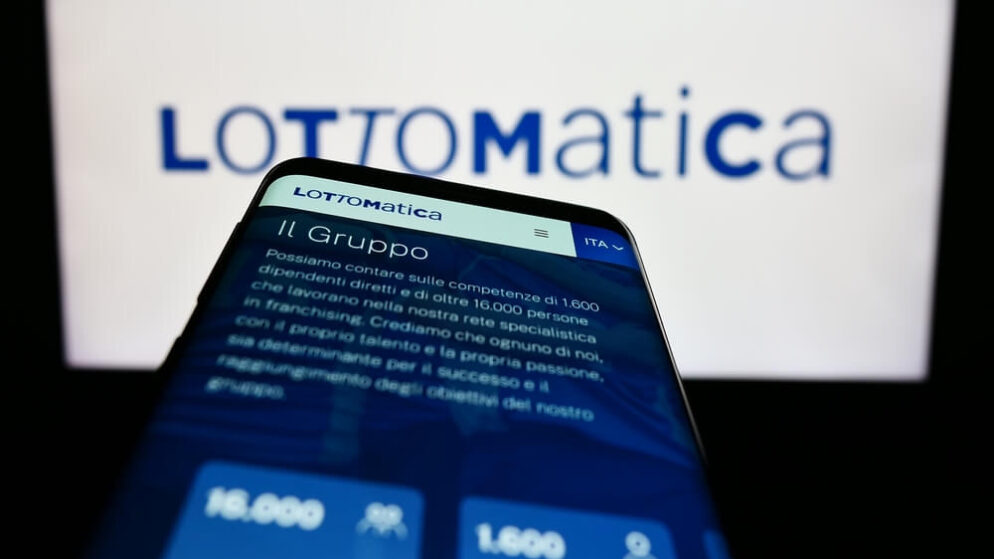

In July last year, Italy’s Chamber of Deputies gave the green light to major legislative reforms, particularly with the approval of the country’s new Tax Delegation Law framework in July 2023. The legislation encompassed a dedicated section on the country’s gambling sector.
The legislative reform marked a crucial follow-up to earlier reforms and signaled the potential for a comprehensive overhaul of Italy’s gambling industry. The proposed changes were indicative of a proactive approach to address and reshape the regulatory landscape. At the same time, however, these changes are expected to impact various aspects of the country’s gambling sector.
As a result of these gambling reforms and the lengthy legislative process involved, casino operators in Italy have been filled with uncertainty. Until recently, that is, when the government finally announced that it would implement the reforms on its online gambling laws in 2024.
Italy reforming its online gambling laws
Italy is set to undertake an all-inclusive reform of its online gambling laws, marking an important step towards resolving its ongoing industry conflicts. The government’s official validation of the “Reorganisation Decree” mandate, proposed by the Ministry of the Economy and Finance (MEF), has set the stage for a thorough regulatory evaluation of the country’s gambling landscape.
This marks the first such valuation since the market was legalized in 2011. Primarily, it aims to boost protection for gamblers, particularly minors, while also leveraging the industry to generate tax revenue for vital social initiatives and government projects.
Additionally, the reform seeks to combat criminal activities associated with the gambling sector. As Italy moves forward with these legislative changes, it reflects a commitment to fostering a more secure, responsible, and regulated online gambling environment. As part of sweeping changes, Italy is poised to adopt a new licensing framework.
Under this new framework, Italy will be introducing a bigger authorization fee of €7 million for each online gambling license. This substantial licensing fee will be accompanied by a 3% concessionaire’s operating fee. In addition, all new concessionaires will be required to pay an annual fee of 0.2% of their net income.
Crucially, these fees will contribute to financing responsible gaming campaigns overseen by a newly established gambling division. This dedicated division will operate under the direct supervision of Italy’s Customs and Monopolies Agency (ADM).
To streamline operations, the concessions will be limited to five licensees accessible for each operating company, including industry giants like Flutter Ent., Entain, SKS365, SNAI, and Lottomatica. This resolution addresses the issue of “skin websites” selling individual concessionaire products, aligning with the government’s commitment to refining and fortifying the regulatory framework for online gambling in Italy.
the Italian government expects to generate considerable revenues from the upcoming online gambling reforms, targeting an expected income of €350 million. This estimate breaks down to €200 million in 2024 and €150 million in 2025. The introduction of the concession fee is also poised to generate an additional annual revenue of €100 million.
Further financial support, exceeding €6 million annually, is anticipated from the registration fee for the Register of online top-up agents. Despite these optimistic projections, the proposed fees have raised concerns within the Italian online gambling industry.
Logico, the Italian online gambling trade body, has voiced competition apprehensions due to a proposed 35-fold increase in fees compared to the €200,000 levied since 2018. Both Logico and Arcadi, trade bodies in the sector, have urged the government to involve the gambling industry in crucial decisions related to the Reorganisation Decree.
In response to these concerns, the government has opted to delay the determination of the precise number of 83 Italian operators eligible for the new iGaming license. It is estimated that a minimum of 50 operators will apply for the new concession, underscoring the ongoing dialogue between the government and industry stakeholders in shaping the regulatory landscape for online gambling in Italy.
Maurizio Leo, the Treasury Deputy Minister overseeing land-based and online gaming laws, says that the validation of the decree couldn’t have come at a more crucial time. According to Maurizio Leo, this validation will bring an end to ongoing legal disputes surrounding licensing extensions.
Over the last few months, the High Court judges have urged the government to adopt the new framework due to the accumulation of legal challenges from operators contesting the conditions of current concessions. What’s so impressive about the decree is that it goes beyond addressing legal disputes and includes measures to combat non-legal gambling.
It also introduces self-limitation options, safeguards for vulnerable players, and customer restrictions based on deposit levels. Warning messages will also be disseminated to enhance player awareness. Additionally, the Decree proposes market safeguards to directly block unlicensed payments and websites associated with non-legal operators, aiming to counter the exposure of Italian consumers to a €1 billion black market.
While the Decree recommends a review of concessions, it does not specify changes to the tax structure for online gambling. The Ministry of Economy and Finance (MEF) is expected to patiently wait for the completion of the government’s overall reorganization of laws governing retail gambling establishments before considering tax adjustments.
Not everyone supports the move
Prime Minister Giorgia Meloni supports this reorganization, recognizing the gambling sector’s economic significance, having generated €11 billion in tax income two years ago. However, there have been several objections from various bodies as well.
For instance, in December, the European Gaming and Betting Association (EGBA) issued a strongly worded statement expressing deep concerns about Italy’s proposed online gambling reforms. In its statement, the EGBA contended that the suggested fee was “unwarranted and unprecedented” in Europe, going as far as suggesting that it might violate European laws.
Characterizing the fee structure as “unjustifiably high” in comparison to previous fees for Italian online gambling licenses, which have ranged from €200,000 to €2.5 million (US$218,980 to $2.73 million), the EGBA warned that the proposed fee could have “severe consequences” for the Italian online gambling market.
Final Thoughts
Italy’s online gambling industry is poised for significant transformations with the government’s proactive approach through the “Reorganisation Decree.” This comprehensive reform not only aims to resolve ongoing industry conflicts but also prioritizes player protection, responsible gaming, and combating criminal activities.
The introduction of a new licensing framework, along with increased fees, reflects the government’s commitment to refining regulations. The Decree’s validation, addressing legal disputes and proposing measures against non-legal gambling, is a crucial step, but ongoing dialogues will shape the final contours of Italy’s online gambling future.



